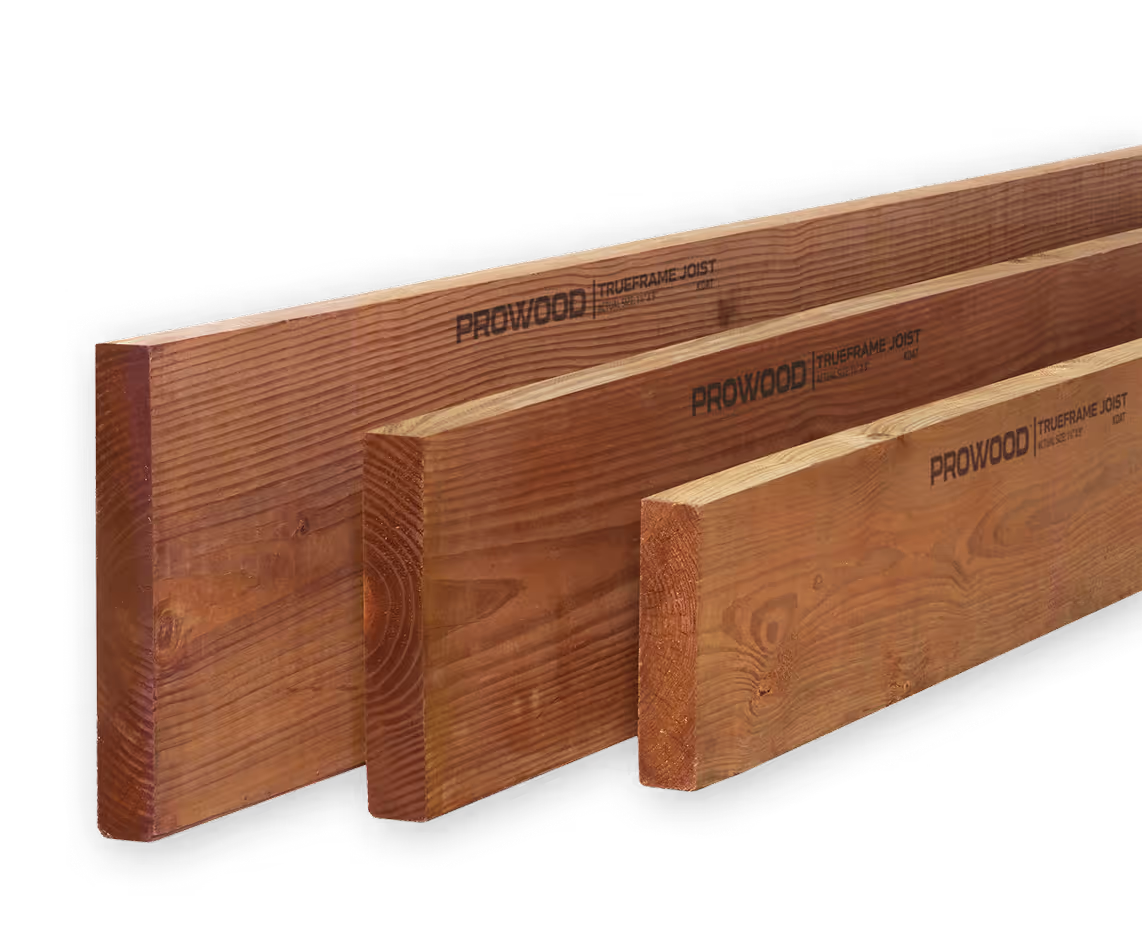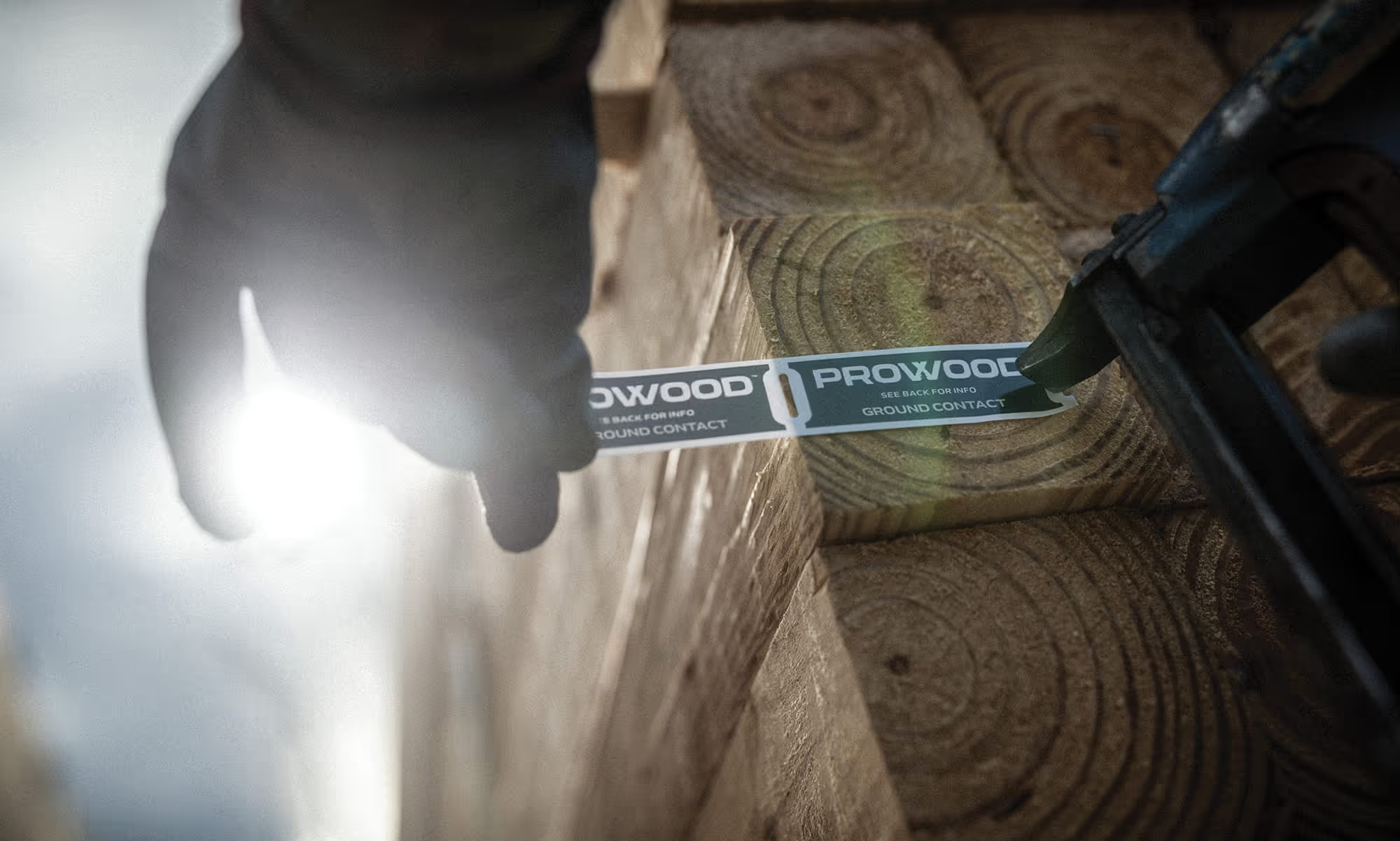How Deep Should You Dig Fence Post Holes?
Wondering how deep to dig fence post holes? The right depth is based on fence height, frost line, and local codes.

Digging fence post holes is hard work, but it’s also one of the most important steps in building a long-lasting, secure wooden fence. Fence posts are the structural foundation, and they need to be buried deep enough to withstand wind, shifting soil, and seasonal changes.
So, how deep should you dig fence post holes? The answer depends on a few key factors: fence height, local frost line depth, soil conditions, and local building codes. Let’s break it down.
4 Factors for Determining Fence Post Hole Depth
1. Factor in Fence Height
A good rule of thumb: bury at least one-third of the post's total length in the ground. For example, if you're installing a 6-foot tall fence plan to dig at least 2 feet deep.
2. Know Your Frost Line
In colder climates, frost heave can shift fence posts. To avoid this, make sure the bottom of each hole sits below the local frost line. Since this depth varies by region, consult your local building department or inspector before digging.
3. Check Local Building Codes
Local codes may dictate minimum depths or require specific materials depending on soil type, fence type, and weather patterns. Always verify code requirements in your area to ensure compliance and avoid costly mistakes.
4. Add Room for Gravel Drainage
Dig each post hole about 6 inches deeper than your target depth to allow space for a gravel base. This improves drainage and post stability. Holes should also be about three times the width of the post, or roughly 10–12 inches wide.
Plan Ahead Before You Dig
Before breaking ground, call 811 or your local utility company to mark any underground lines. Double-check your project layout to confirm post spacing and alignment. A little prep work goes a long way toward a smooth installation and a fence that stands the test of time.
Understanding how deep to dig fence post holes is key to a strong, stable, and durable fence. With the right planning and knowledge of local conditions, you’ll be well on your way to building a fence that lasts.
Looking for pressure-treated lumber to build your fence? Find a ProWood Dealer near you!


